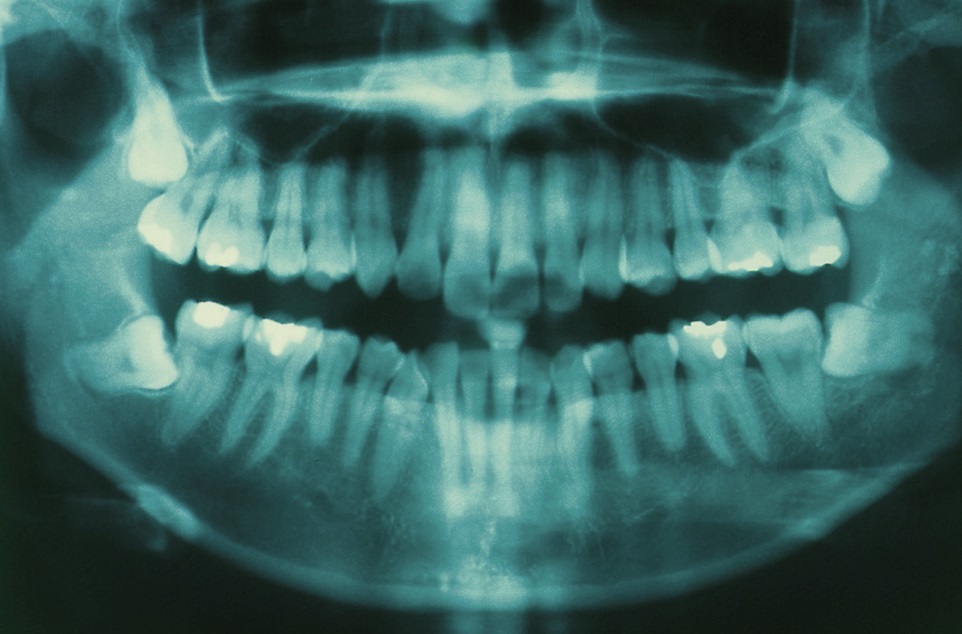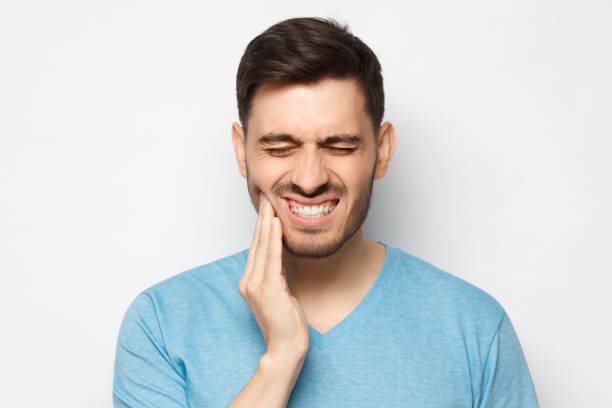Wisdom teeth, also known as third molars, are the last set of molars to erupt in the mouth, typically appearing in the late teens or early twenties. As such, they are nicknamed the wisdom teeth as they emerge at a time when someone is entering adulthood.
In most cases, the wisdom teeth will cause dental problems including crowding, pain, infection, or damage to the surrounding teeth. When these problems happens, the removal of the teeth is necessary to avoid any further complications. In fact, wisdom teeth removal is a common procedure, usually undertaken during teenage years as a preventive measure.
However, some adults may not experience any issues until they are in their thirties and beyond. Wisdom teeth removal becomes more complicated the older a person gets, and this means that it can become a rather dangerous procedure if not done properly.
In this article, we will discuss the potential benefits and risks of wisdom teeth removal after 30 and what you should do if you are getting it done.
Removing Wisdom Teeth Before Versus After 30
Most people undergo their wisdom teeth removal surgery between the age of 18 and 25 as the teeth are likely impacted and causing pain. For those who are not experiencing any issues, the removal of the teeth are merely for preventive purposes.
For those who do have wisdom teeth but are not experiencing an overcrowding of the teeth, the removal of it is completely optional. That said, the teeth may erupt and cause complication only in your late twenties and early thirties. As such, it is not uncommon for people to have their wisdom teeth removed after the age of 30.

An advantage of removing your wisdom teeth as early as possible is that there are less surgical risk. This is because the wisdom teeth are relatively ‘young’ and have weak roots; this makes the extraction procedure easier and less risky. In contrast, those who choose to remove their wisdom teeth after 30 face a higher risk of complications as the roots are full grown and embedded into the jawbone; this dramatically increase the complexity of the surgery.
Should You Remove Wisdom Teeth After 30?
In spite of the additional risk involved, you should always go for wisdom teeth removal even if you are after 30 as the potential consequences of keeping it will inevitably outweigh the risk of the surgery. One should not tolerate the pain thinking that it will go away because more often than not, the situation will worsen.
The removal process for wisdom teeth after the age of 30 is similar to that for younger patients, albeit older patients may have a slightly longer recovery time. The specific procedure and recovery will depend on the individual case, so it’s important to discuss the details with a dentist or oral surgeon. That said, wisdom teeth removal is still a safe procedure for patients after the age of 30 and should be the primary choice if you are looking to alleviate the pain caused by an impacted wisdom tooth.
You may be interested in: What Are The Benefits Of Keeping Wisdom Teeth?
Now you may wonder, is there an age limit when it comes to wisdom teeth removal?
The answer is NO, there is no age limit! In general, the removal surgery is suitable for all patients above the age of 15. However, one must always weigh the pros and cons of it. As one ages, the risk of complications increases and the recovery time lengthens.
In fact, Robert W. Gray broke the Guinness World Records in 2017 for being the oldest person to grow a wisdom tooth. He was 94 years and 253 days old when his wisdom tooth was discovered during a routine dental checkup. However, he opted not to under go the wisdom tooth removal surgery as it was assessed and concluded that the risks are much higher than keeping the tooth.
Key Considerations
Removing wisdom teeth at an older age can have both benefits and potential risks. Here are some key takeaways to consider:
- Timing: Some people may not develop wisdom teeth until later in life, or may not experience any issues with them until they are older. If wisdom teeth cause problems such as crowding, pain, infection, or damage to nearby teeth, removal may be recommended.
- Recovery: The recovery process after wisdom teeth removal can vary depending on the individual, the extent of the procedure, and the overall health of the patient. Most people are able to return to normal activities within a few days to a week after the procedure.
- Risks: As with any medical procedure, there are increased risks associated with removing wisdom teeth at an older age, such as pain, infection, dry socket, and nerve damage. It is important to discuss these risks with a dentist or oral surgeon and weigh the benefits against the potential risks.
- Overall impact on life: Removing wisdom teeth at an older age can help alleviate discomfort and prevent future dental problems. However, if the wisdom teeth are not causing any dental issue, there is no need to remove it. That said, removing wisdom teeth can have a positive impact on overall health and well-being.
As with all dental surgeries, it is important to always seek advice from your dentist or oral surgeon who are able to assess the development of your wisdom teeth and determine if a surgery is required.
Takeaway
In conclusion, wisdom teeth removal after 30 can be a wise decision for many people as it helps to prevent potential oral health problems. With advancements in dental technology, the procedure has become much safer and more comfortable for patients. However, you should aways weigh the pros and cons, and consider the timing, recovery time, risk, and overall impact of the wisdom teeth removal on life. Last but not least, always consult a dental professional who can assess, determine, and provide advice on the best course of action.







